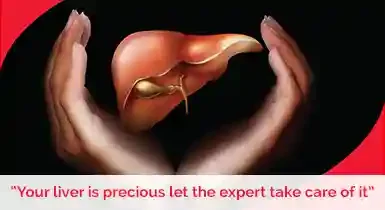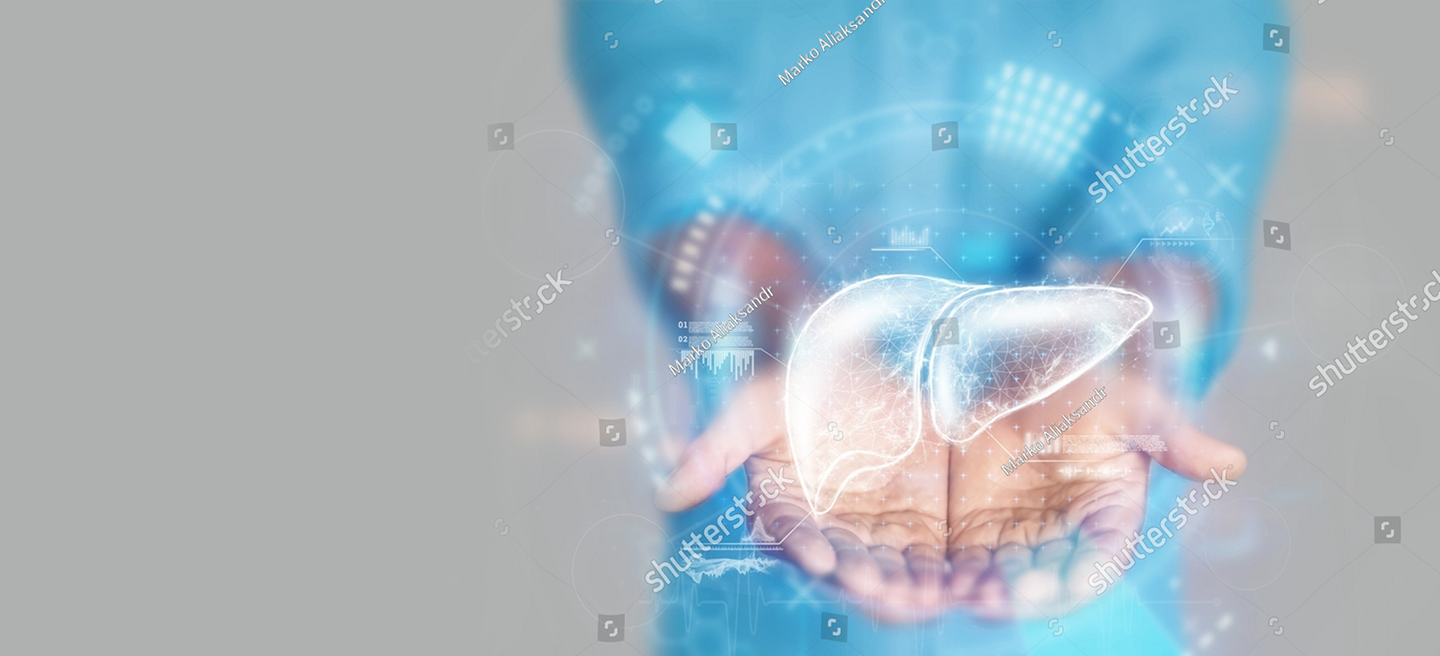Are you suffering from a liver disease? Then, set all your worries free as we tell you how you can deal with it. Read on to know more about this!
The liver is a vital organ located under the rib cage and on the right side of the abdomen. Your liver should be in good shape to perform all the functions that it is meant to. Your liver carries out various tasks associated with metabolism, energy storage and detoxification of waste. Moreover, it produces bile that is necessary to aid digestion, convert it to energy, and store the energy in the form of glycogen until you need it. You will also be surprised to know that it helps filter toxic substances out of your bloodstream.
What is Liver Disease?
Liver disease can be described as any condition that tends to take a toll on your liver. You may suffer from these conditions owing to different causes. It is no brainer that these lives-threatening conditions can damage your liver by impacting its function. Here are some common conditions shared by Dr Pratik Tibdewal, Gastroenterologist, Wockhardt Hospital, Mira Road that give a tough time to your liver.
Hepatitis
It can be termed as an inflammation of the liver. You will be shocked to know that this condition can further progress to scarring or cirrhosis of the liver if not treated. Hepatitis viruses, alcohol, certain drugs and autoimmune diseases can raise one’s risk of suffering from hepatitis. Are you aware? There are five main types of hepatitis (A, B, C, D, E). A and E are caused owing to ingestion of contaminated food and water. B, C and D occur due to receipt of contaminated blood or blood products, invasive medical procedures using contaminated equipment, sharing razors or needles and by tattooing too.
Non Alcoholic Fatty Liver Disease
Non-alcoholic fatty liver disease (NAFLD) is an umbrella term for various liver conditions affecting people who drink little to no alcohol. It can be described as fat deposits in liver cells. Furthermore, some people with NAFLD may also develop nonalcoholic steatohepatitis (NASH), that is an aggressive form of fatty liver disease, causing liver inflammation, (cirrhosis) and liver failure.
- Alcoholic Liver Disease: The spectrum of liver disease ranging from fatty liver to hepatitis to cirrhosis to liver cancer can occur with continuous alcohol intake for a significant amount of time.
- Hemochromatosis: Can happen when your body to store more iron than it needs. This metal remains in your organs, including your liver.
- Primary biliary cirrhosis (PBC): It is an autoimmune condition of the biliary system where one may suffer from it owing to the damage to the bile ducts that are present in the liver leading to a build-up of bile. This can gradually invite cirrhosis and liver failure.
- Liver cancer: It begins in the liver. The causes can be attributed to hepatitis B, C, NAFLD, hemochromatosis, alcohol abuse, and cirrhosis.
- Cirrhosis: It is the scarring of the liver owing to liver diseases or alcohol.
- Liver failure: Can occur when a significant part of the liver is damaged due to which your liver fails to function correctly. It is associated with liver disease, and cirrhosis happens slowly.
The Symptoms you Must Watch Out
Common symptoms are dark urine, tiredness, nausea, vomiting, abdominal pain, jaundice, pale stool, unintentional weight loss and poor appetite, abdominal distension, bleeding thorough vomiting or anus, altered consciousness. In case you spot these symptoms then consult your doctor without any delay.
The Treatment
Your doctor will evaluate you thoroughly. The treatment will be suggested based on the underlying condition. The procedure may vary from person to person, depending on the stage and the amount of damage done to the liver. You will be asked to take antiviral medications, antibiotics, steroids, and vitamins and supplements to keep your liver in good shape. Liver cancer may require chemotherapy or radiation therapy. Also, some people may have to undergo surgery to remove the part of the liver.
You will also be required to follow healthy lifestyle modifications such as a diet loaded with fresh fruits and vegetables, healthy fats, and whole grains can be helpful. A teaspoon of low salt and high protein diet is advised in advanced liver disease. Also, do not forget to exercise and maintain optimum weight. Do not forget to go for regular follow-ups with your doctor. When all these options failed, that time a liver transplant will be required for you.








